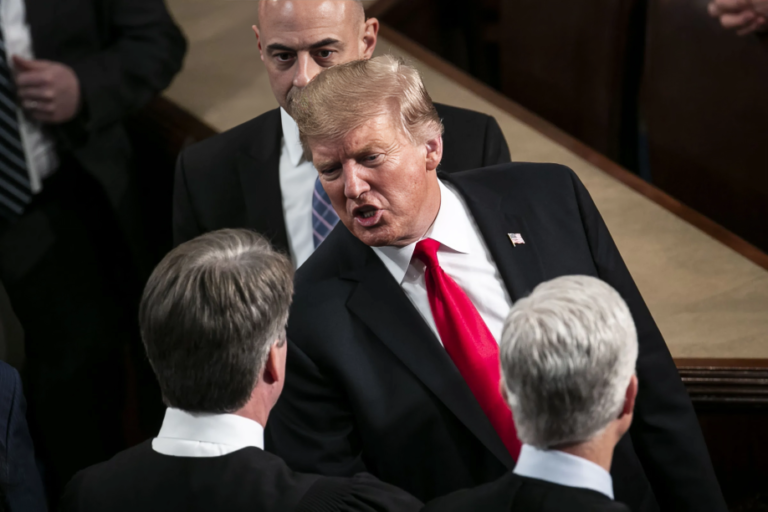Germany’s interior minister, Nancy Faeser, has declared her government victorious in its fight against irregular immigration, highlighting a rise in deportations and a decline in asylum claims. As a Social Democrat, Faeser is positioning her party for a potential place in the next ruling coalition, even as negotiations with the conservative party, led by Friedrich Merz, intensify over immigration policies—a key point of contention.
Faeser, who remains as acting minister while coalition talks unfold, emphasized that outgoing Chancellor Olaf Scholz’s administration has effectively managed migration. “Migration policy isn’t something for jokers; it’s a serious management assignment,” she stated, noting that while asylum claims have halved in the past two years, repatriations of individuals illegally residing in Germany have surged by 55 percent. Furthermore, the legal immigration of skilled workers has increased by 77 percent, making Germany more attractive to global talent.
As the coalition discussions progress, Merz aims to recover voters lost to the far-right Alternative for Germany (AfD) party. He has pledged to tighten border controls, including turning away individuals lacking proper documentation—a stance that clashes with the SPD’s commitment to uphold EU laws against such measures.
Recent polls indicate rising support for the AfD, which has gained three points since the election, heightening concerns among right-wing voters about the potential dilution of immigration and fiscal policies in any future government. The SPD, on the other hand, is advocating for the integration of migrants and strategies to attract skilled labor in response to labor shortages.
As talks continue, both parties acknowledge significant gaps in their positions, particularly concerning the management of immigration. Faeser maintains that the migration debate should be approached with sensitivity, reminding all parties involved that these discussions fundamentally concern human lives. If a conservative-SPD coalition forms, she could retain her role as interior minister or take on another significant cabinet position, setting the stage for a potentially transformative era in German politics.











+ There are no comments
Add yours